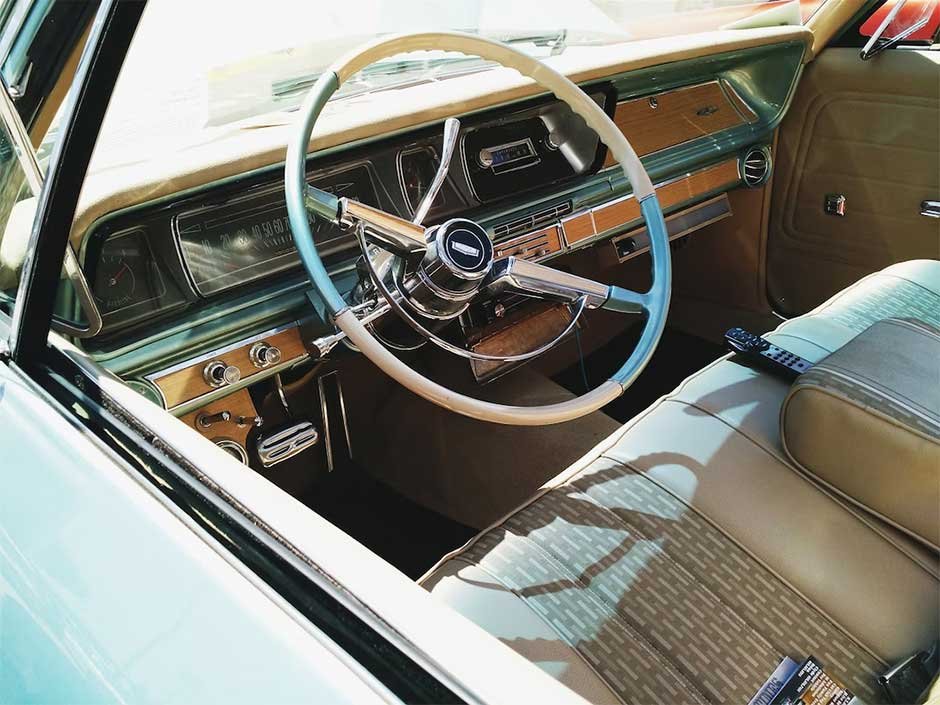Purchasing a new or used vehicle can be an exciting experience, but it is important to factor in the extra costs associated with registration and insurance. When shopping for a car, make sure to consider the total cost of ownership including taxes, registration fees, monthly payments, routine maintenance, and fuel expenses. This will ensure that you are aware of the full financial commitment necessary to own the vehicle and can help you make an informed decision.
With all the financial obligations piling up, it is easy to understand why insurance premiums may not be one of the top priorities when it comes to making decisions. However, having the right kind of insurance policy can provide immense peace of mind and financial security in times of need, making it essential for all individuals and businesses.
Insurance costs and car value
An important cost factor when it comes to your premiums is the actual car value. The car’s value is estimated by how much it would be worth if you tried to sell it at the time when you buy premium insurance. The cost you have to pay may vary greatly from what you initially invested due to factors like utilization, destruction, and depreciation.
The costs to replace or repair a new vehicle are higher than those of an old one, which means that car insurance costs for newer cars are usually much higher as well because the vehicle has a greater actual car value. Also, if you decide to lease a vehicle, your lender can insist that you have full optional coverage, which is typically pricy. Therefore, selecting only the mandatory coverage may not be an option, though it is still recommended to have both.
Vehicle age
As your car gets older, it is prone to various factors like depreciation, wear and tear, and damage; all of which decrease its actual value. However, sometimes there are exceptions to this rule. A restored classic car is more of a treat for the eyes than something meant to be driven daily. Insuring an old timer needs a classic car insurance policy, which is much cheaper than regular auto insurance.
However, going for a new vehicle over a used one offers the advantage of a warranty. This could help with any mechanical issues not covered by your insurance while in an older and cheaper used car, any repairs you may need would have to come out of pocket.
Vehicle quality and cost
Whether a car is new or used, it will cost differently to repair and replace. As a result, the type of vehicle you choose will have an impact on your insurance premiums. Purchasing a pre-owned car is the best option for those who are seeking quality vehicles but also wish to remain economical.
Used vehicles are typically more economical than brand-new ones and have a tendency to lose value more slowly. Nonetheless, a lot of these cars are considerably less expensive while still possessing the same advantages as their more advanced counterparts.
How much coverage should you have?
If you live in Alberta, Canada, for instance, the legal minimum third-party liability coverage you need is $200,000. However, to guarantee that you are completely covered from the effects of a serious auto accident, you might need to obtain a more expensive coverage. It is important to have third-party liability and accident benefits insurance, regardless of the age or type of car you own. According to statistics, in 2021 the net claims incurred by liability insurance in Canada amounted to $4.35 billion.
New vehicle owners should consider adding optional coverage. They need to evaluate whether investing in comprehensive or collision coverage is worth it given its value. Comprehensive and collision coverages provide financial protection for any damage done to your vehicle due to theft, vandalism, animal collision, or a rollover.
However, it’s not always worth it to buy collision or comprehensive insurance for a used car, if the premium and deductible cost more than the car is worth. In that case, mandatory coverage is the better option.

Conclusion
When deciding between a new or a used car, the price is likely one of the biggest factors in your decision. It’s important to consider the list prices of the vehicles before figuring out how much maintenance and insurance will cost for both new and used cars.
However, it’s impossible to know which coverage is cheaper, because it depends on various factors such as your driving record, type of vehicle, coverage level, and the insurer you choose. All these elements come together to determine your rates.


